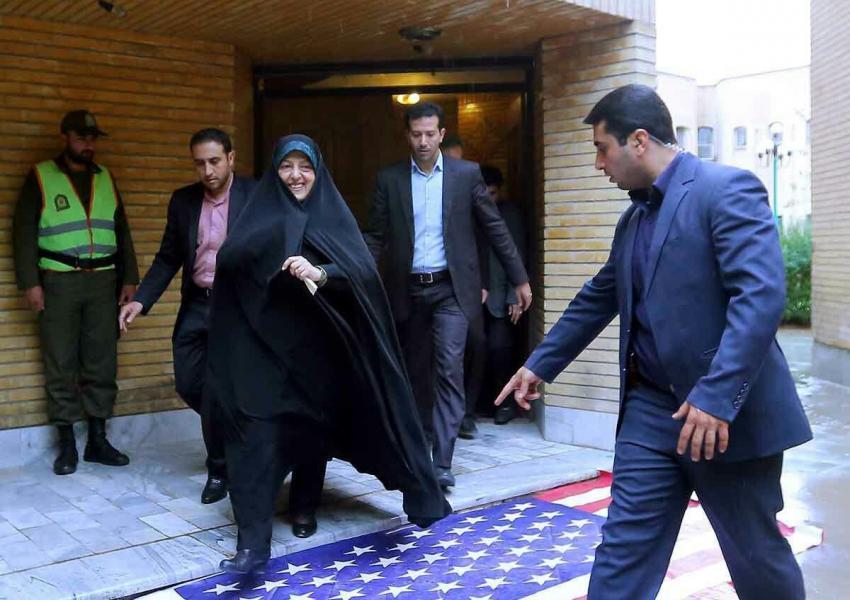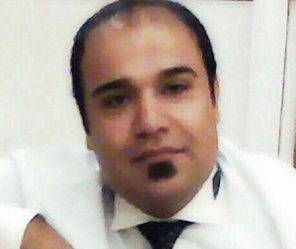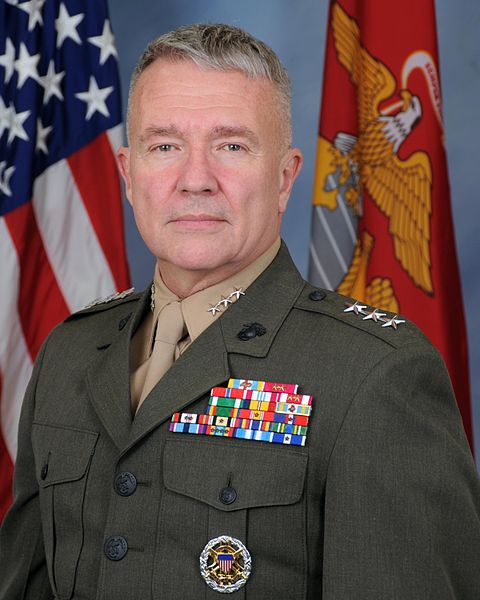December 21, 2018
Families of expatriates jailed in Iran have banded together to press the Trump Administration to kick out of the US the children of the Islamic Republic’s establishment who are studying in the United States.

The goal is to put pressure on the Islamic Republic to release its expatriate prisoners. But there are questions as to whether that would really apply any pressure at all or just amount to an angry but impotent response.
Tzvi Kahn, an analyst with the Foundation for Defense of Democracies in Washington, DC, recently produced a list of five relatives of the mighty who are currently living in the United States:
• The daughter of Majlis Speaker Ali Larijani, Fatemeh Ardeshir-Larijani, who recently completed the first year of her residency in internal medicine at the University Hospitals of Cleveland in Ohio. Speaker Larijani is one of the most vocal officials damning the United States in frequent speeches. He says the Americans are untrustworthy, but he trusts them with his daughter and doesn’t seem to fear that she will be arrested in an act of retaliation.
• The son of Masumeh Ebtekar, Eissa Hashemi, who is a doctoral student at the Los Angeles branch of the Chicago School of Professional Psychology, according to his social media profile. His mother is currently the vice president for family and women’s affairs. She went to elementary school outside Philadelphia and speaks fluent American English, which was the reason she was chosen in 1979 to be the spokesperson for the students who had seized the US embassy.
• The nephew of President Rohani, Ali Fereydoun, who attended college in New York City and now works there as the lead performance engineer at McGraw-Hill Education, according to his LinkedIn page. The nephew’s father was once an adviser to the president, but stepped down after coming under attack from hardliners. He was at one time on the delegation that negotiated the nuclear deal with the United States.
• The son and daughter of Majlis Deputy Ali Nobakht. They are also the niece and nephew of Mohammad-Baqer Nobakht, vice president and head of the Plan and Budget Organization. Both of them are legal residents of the United States. Ehsan Nobakht Haghighi is an assistant professor of Medicine at George Washington University, located just a few blocks west of the White House, and his sister, Niloofar, is a clinical assistant professor of nephrology at UCLA.
Two sources told NBC News that several families of those imprisoned in Iran had contacted the White House to urge that the visas of these and any other relatives of prominent Iranian officials be canceled and the relatives forced to leave the United States. But they said the White House had not yet responded, either positively or negatively.
On December 12, however, Brian Hook, the senior State Department official dealing with Iran, posted a video message on the State Department’s Persian language website, saying, “I can tell you we are working on it. We are pursuing all options to pressure corrupt official hypocrites in your government to change their behavior.”
Hook said, “I have to admit that this is another example of the hypocrisy of the regime. While regime officials chant, ‘Death to America,’ they send their families to the so-called ‘Great Satan; to live and study here, using the resources of the Iranian people.”
NBC News did not name the families in the US it said were lobbying the White House.
The fact that such Iranian relatives are allowed in the United States under President Trump is surprising—in fact, astounding—given his rhetoric about the need to bar people from terrorist states from even visiting the United States, let alone living here.
On October 23, 2016, two weeks before the election, Trump sent a tweet noting that “two of our people” had recently been imprisoned by Iran and pledging: “This doesn’t happen if I am president.” But an Iranian-American environmentalist, Morad Tahbaz, was jailed last January and the White House has been silent about the case. Tahbaz remains in prison, but has not yet been tried.
An unnamed friend of one of the families appealing to the White House told NBC News, “I’m at a loss [to know] why this administration would be so soft on the regime, knowing full well it is these very senior officials targeting innocent Americans for persecution. Surely, the least we could do is deny their family members the benefits of living and working in our great country.”
Kahn, the man who produced the list above, does not, however, advocate expelling the relatives. In an article in The Washington Times, he wrote, “The Trump Administration should handle the situation cautiously. At a minimum, the State Department should maintain a current roster of regime offspring who study and work in the United States. Their presence here is a privilege, not a right. Yet, Washington should not visit the sins of the father upon the son. One day, if they haven’t already, the children of Iranian leaders may come to see what so many protesters in Iran have repeatedly chanted over the past year: ‘America is not the enemy—the enemy is right here’.”




















